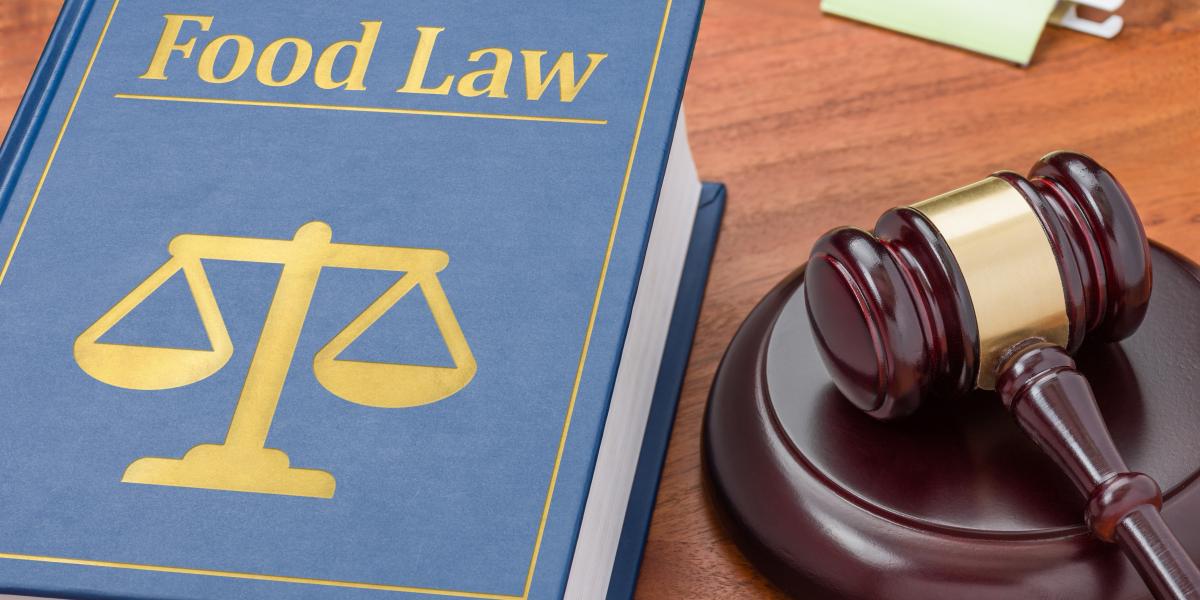You are here

On 11 May 2021 the government of Indonesia notified the World Trade Organization regarding the adoption of Government Regulation No. 39 of 2021 on the Organization of Halal Product Guarantees, dated 2 February 2021 (Government Regulation 39/2021). This regulation updates and sets a new legal framework for the mandatory certification of all halal-related products and updates provisions on the implementation of Halal Product Guarantees. It replaces the previous regulation, Government Regulation No.31 of 2019 Regarding Provisions for Implementing Indonesia's 2014 Halal Product Assurance Law (Government Regulation 31/2019). Imported halal food, cosmetic, chemical, and biological products are also subject to the scope of this regulation.
Verisk 3E Review
Overview of Government Regulation 39/2021
Government Regulation 39/2021 accommodates the various revisions in Indonesian Law No. 11 of 2020 on Job Creation (Job Creation Law) that explicitly covers halal products. It replaces Government Regulation No. 31 of 2019 Regarding Provisions for Implementing Indonesia's 2014 Halal Product Assurance Law, which replaced Law No. 33/2014 on Halal Product Assurance and Regulation.
Both Government Regulation 31/2019 and 39/2021 were enacted as part of Indonesia's mandatory halal product certification scheme, covering a broad range of halal-related matters, including food, beverages, drugs, cosmetics, chemical and biological products, and other products. The Government Regulation 39/2021 provides key provisions for halal product certification and registration obligations and procedures, labeling, non-halal information, and the implementation of halal certification. In comparison to Government Regulation 31/2019, the new 2021 regulation has revised and largely expanded the scope of regulatory requirements regarding halal product assurance while still maintaining similar mandates regarding the roles of the authorized government bodies.
The Halal Product Guarantee Agency (BPJPH) was established as the main body to oversee halal products in Indonesia.
Scope
According to article 135 of Government Regulation 39/2021, products that must be halal certified include goods and services, food and beverages, medicines, cosmetics, chemicals, biological, GMO, and other consumer goods (no changes from the 2019 regulation).
Halal Certification and Registration
Some of the essential compliance requirements of Government Regulation 39/2021 include the halal certification obligation, which generally mentions that halal certification must cover all products that enter, circulate, and are traded in the Indonesian territory. For non-halal products, however, clear descriptions for non-halal materials in the products must be provided. These regulations also require business actors to comply with the requirements, such as providing correct, transparent, and honest information about the location, slaughter, processing, packaging, and distribution methods for halal products as they must be separated from non-halal products. Moreover, there is an obligation to appoint Muslim supervisors who possess broad knowledge and understanding regarding halal product matters proven by the halal supervision certificates. Further, any concerns and changes made related to the material compositions must be sent to the BPJPH.
Another compliance matter under Government Regulation 39/2021 is related to the halal certification procedure. The primary change under this regulation is related to the new electronic system mechanism and the online process for halal certification. The submission of the halal certification application must be conducted via the BPJPH's electronic system. The application is examined by a halal inspection institution (Lembaga Pemeriksa Halal – LPH) within 15 business days. The result is then assessed by the Islamic Clergy Council (Majelis Ulama Indonesia- MUI). Further, after the MUI has determined the halal status, the result is submitted to the BPJPH one day after receiving results from the MUI. The certificate is valid up for four years.
Foreign Certification and Registration of Halal Products
Among the new provisions, Chapter 10, Article 125 requires that foreign products must be halal certified. The details of foreign product registration and certification processes are also laid out in this chapter.
Halal Labeling
Government Regulation 39/2021 also requires halal labeling and certificate numbers to be affixed to the product packaging, certain parts of products, and/or specific places on products unless the package is too small to include the information, products are sold in smaller quantities to the buyers, or products are sold in bulk. In addition, this regulation mentions the obligation for business actors to affix a clear description for non-halal products to the product packaging or in the parts of products.
Compliance Timeline
The regulations divide the compliance timeline into different phases according to the type of product, while food and beverage products have a short timeline compared to others. This timeline has been specified in Government Regulation 2019 and carried through the 2021 revision with more details. The timelines for implementing mandatory halal certification for food and beverages and products from slaughter services are applied on a gradual basis, starting from 17 October 2019 to 17 October 2024. For cosmetic products, chemical products, and genetically engineered products, the timelines are applied on a gradual basis from 17 October 2021 to 17 October 2026. Some other products have extended compliance periods until October 2036.
Verisk 3E Analysis
Government Regulation 39/2021 took effect on 2 February 2021. Businesses must comply with the mandatory halal certification scheme following product type and within the corresponding implementation timeline. This regulation might result in additional costs for the halal certification for products and additional time for the certification process.

 Top
Top